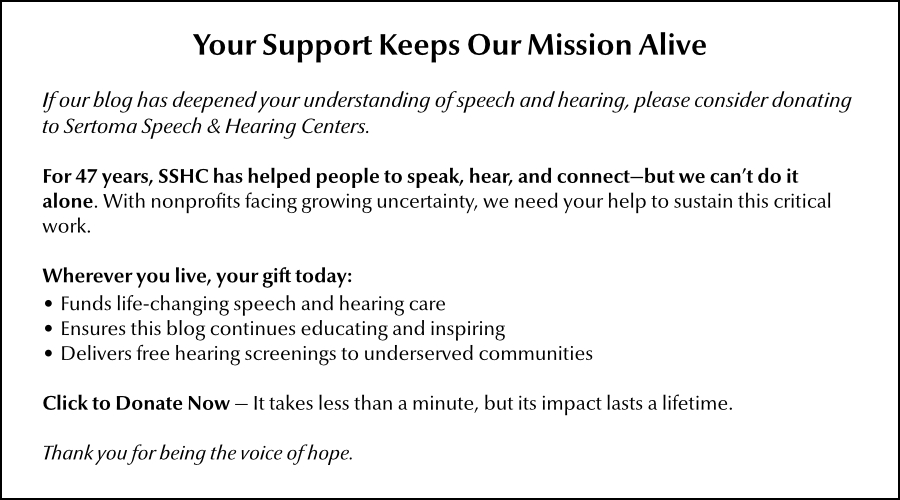Hearing aids might do more than help people hear—they could help them feel better, too. A new study finds these devices may reduce troubling behaviors in people with dementia.
Why it matters
The study found hearing aid use resulted in fewer and less severe neuropsychiatric symptoms—like apathy, irritability, and anxiety—in people with dementia, creating a simple, non-drug way to improve quality of life.
By the numbers
The study analyzed at 10,054 people with dementia (average age: 75).
- 24% reported having hearing loss.
- Of those with hearing loss, 54.8% used hearing aids.
- Apathy (43.5%) and irritability (40%) were the most common symptoms.
- Hallucinations (9.6%) and euphoria (5.8%) were the rarest.
Zoom out
Hearing loss itself wasn’t tied to more or worse symptoms. But hearing aid use made a clear difference. Users had significantly fewer and milder neuropsychiatric symptoms than non-users.

Zoom in
The study used the Neuropsychiatric Inventory Questionnaire (NPI-Q), which measures 12 key symptoms: delusions, hallucinations, agitation, depression, anxiety, euphoria, apathy, disinhibition, irritability, motor disturbances, nighttime behaviors, and appetite changes.
Yes, but: Despite strong results for hearing aid use, the study found no significant link between hearing loss and increased symptoms. That’s surprising because other research has shown a connection.
The intrigue: Why no link? Researchers suspect underreporting. Self-reported hearing loss may not capture the full picture, leading to misclassification.
The takeaway
It’s not just about hearing. Using hearing aids helps manage emotional and behavioral symptoms in dementia without medication.
How it works: Better hearing may reduce confusion, social isolation, and sensory overload, all of which can worsen neuropsychiatric symptoms.
The challenge
- Hearing aids remain underused even with over 90% of people with dementia having hearing loss, and 61%–97% experience neuropsychiatric symptoms.
- Hearing aids could be a practical, accessible option. Non-drug treatments are recommended first for these symptoms, but they’re often hard to implement.
The bottom line
- Optimizing sensory health—like treating hearing loss—could be a powerful tool in dementia care. This study adds to the evidence that hearing aids may slow cognitive decline and ease behavioral symptoms.
- If your loved one has dementia and hearing loss, using hearing aids might do more than sharpen sound—they could bring calmer days and better well-being.
Healthy hearing starts here
Learn about the health of your hearing with a free 15-minute hearing screening by an audiologist.
★ Call 708-599-9500 to schedule your free screening.
★ For facts about hearing loss and hearing aid options, grab your copy of The Hearing Loss Guide.
★ Sign up for our newsletter for the latest on Hearing aids, dementia triggered by hearing loss, pediatric speech and hearing, speech-language therapies, Parkinson's Voice therapies, and occupational-hearing conservation. We publish our newsletter eight times a year.
Don't let untreated hearing loss spoil your enjoyment of life.


